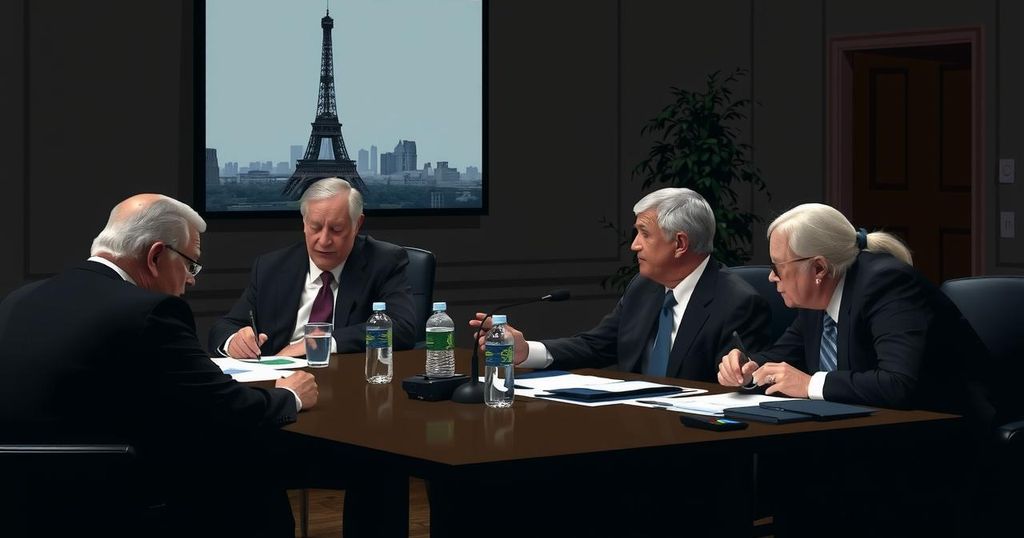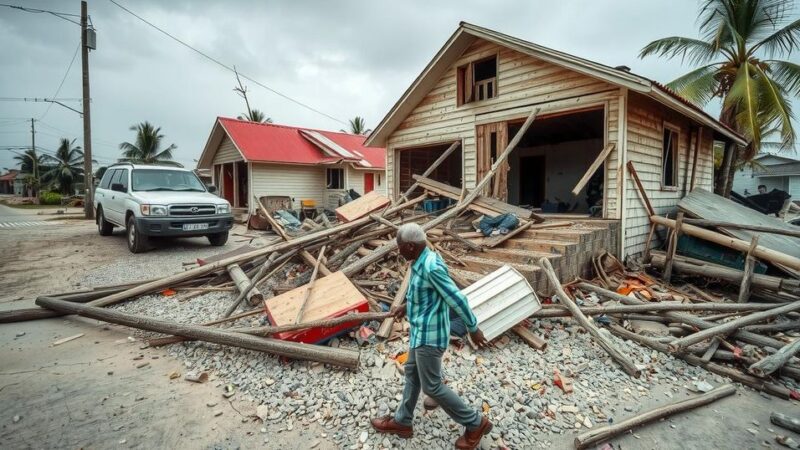In March 2023, U.N. resident coordinators from the Global South attended a seminar at Yale Jackson to learn strategies for combatting climate change. Facilitated by Yale faculty, the seminar focused on practical applications related to environmental issues, fostering collaboration among stakeholders. Key discussions included the need for trade reform and addressing the degradation facing critical rivers. Participants expressed gratitude for the valuable insights gained during the event.
In March 2023, Rebecca Adda-Dontoh, the United Nations resident coordinator for Malawi, witnessed the devastating impact of Cyclone Freddy, which killed over 1,400 people and displaced 659,000 individuals in her country. This cyclone exemplifies the climate-related calamities that Malawi has increasingly faced, underscoring its vulnerability to climate change. In response, a four-day seminar was held at Yale Jackson School of Global Affairs, attended by 16 U.N. resident coordinators from nations in the Global South, aiming to enhance their capabilities in addressing climate issues. The seminar was facilitated by the International Leadership Center, where participants engaged with experts from Yale to learn about effective strategies for tackling climate change, air pollution, and biodiversity loss. Jessica Faieta, a senior fellow at the Jackson School, highlighted the vital role of resident coordinators in instigating systemic changes and fostering collaborations among diverse stakeholders, including U.N. agencies and local governments. During the seminar, Leon McCarron shared insights from his exploration of the Tigris River, detailing its severe environmental degradation due to damming and pollution. His narrative illustrated the challenges faced by the local populace and emphasized that, despite adversities, a collective effort from organizations like the U.N. is crucial for driving meaningful change. McCarron noted the deep-seated hopes among young Iraqis for assistance in overcoming their struggles. Furthermore, Daniel Esty addressed the urgent need for reforming global trade agreements to foster climate action, pointing out that current efforts to meet global emissions targets are falling short. He advocated for engaging the private sector in sustainable practices and suggested that middle powers could take instrumental roles in reshaping international trade systems. The event also featured discussions led by other experts, covering essential topics such as climate communication, forming partnerships to combat climate change, and adapting institutional frameworks to address global environmental crises. Participants, including Burkhanov and Adda-Dontoh, expressed appreciation for the insights gained from leading thought leaders, realizing the significance of practical applications derived from theoretical knowledge.
The seminar at Yale Jackson was part of efforts to equip U.N. resident coordinators with the necessary knowledge and skills to combat climate change effectively. Given the rising frequency and severity of climate-related disasters, as exemplified by Cyclone Freddy in Malawi, there is an urgent need for strategic interventions by U.N. representatives. The training focused on empowering these individuals to create collaborations among various sectors to drive sustainable development efforts in their respective countries, particularly those in the Global South, where the impacts of climate change are most pronounced.
The seminar at Yale Jackson School aimed to strengthen the capabilities of U.N. resident coordinators to address climate change and enhance global cooperation. By engaging with experts and sharing experiences, participants gained valuable insights into practical strategies to mitigate environmental challenges. The collective commitment to sustainable development and collaboration among diverse stakeholders was emphasized, providing a path forward in combating the pressing climate crisis facing the world.
Original Source: news.yale.edu







